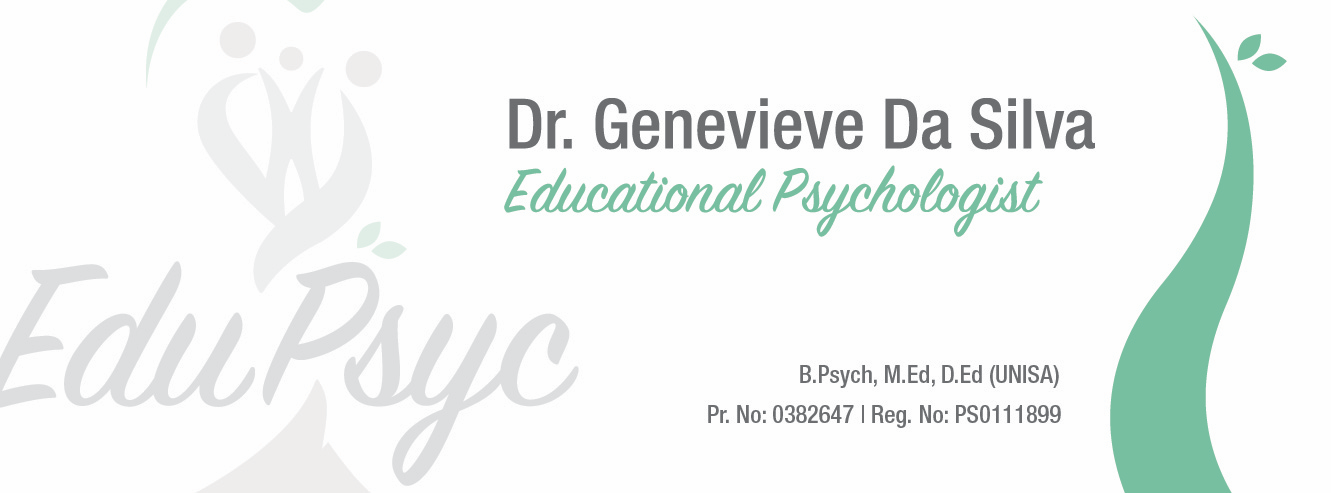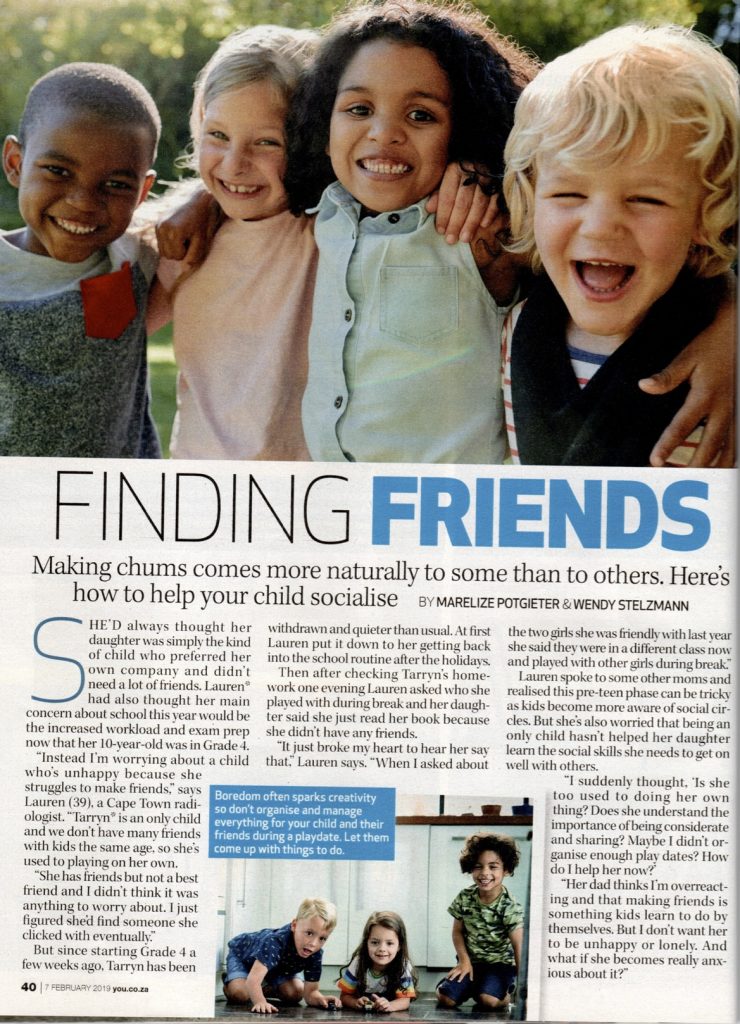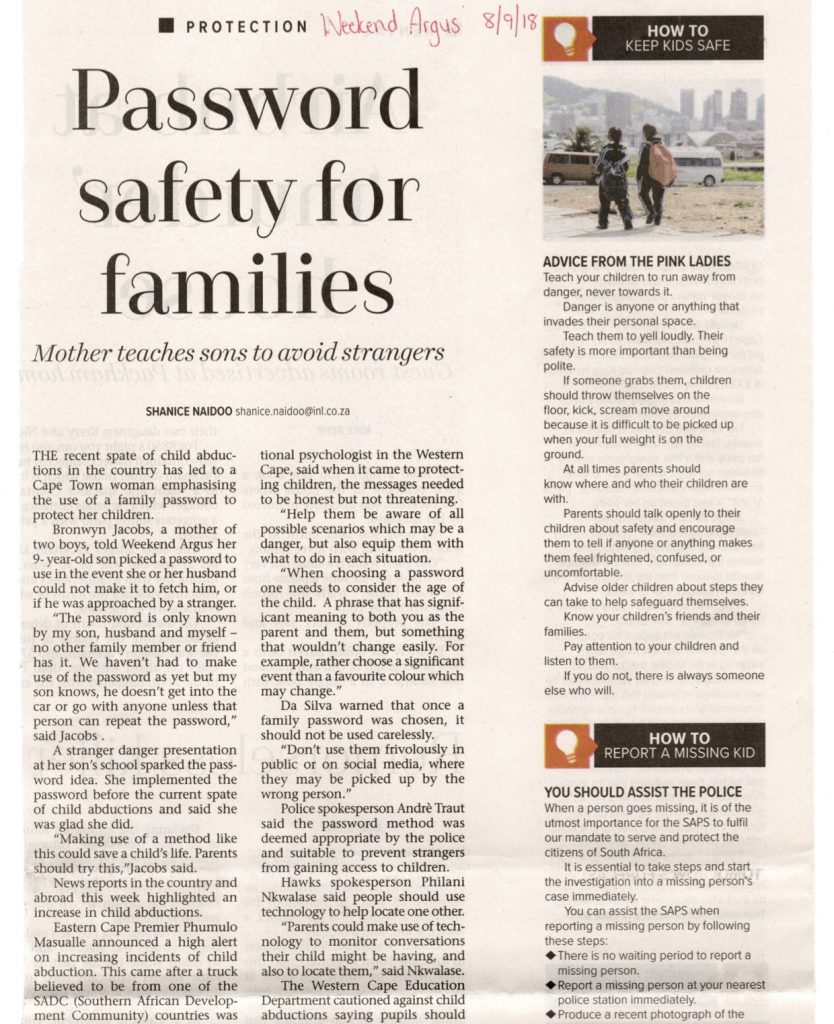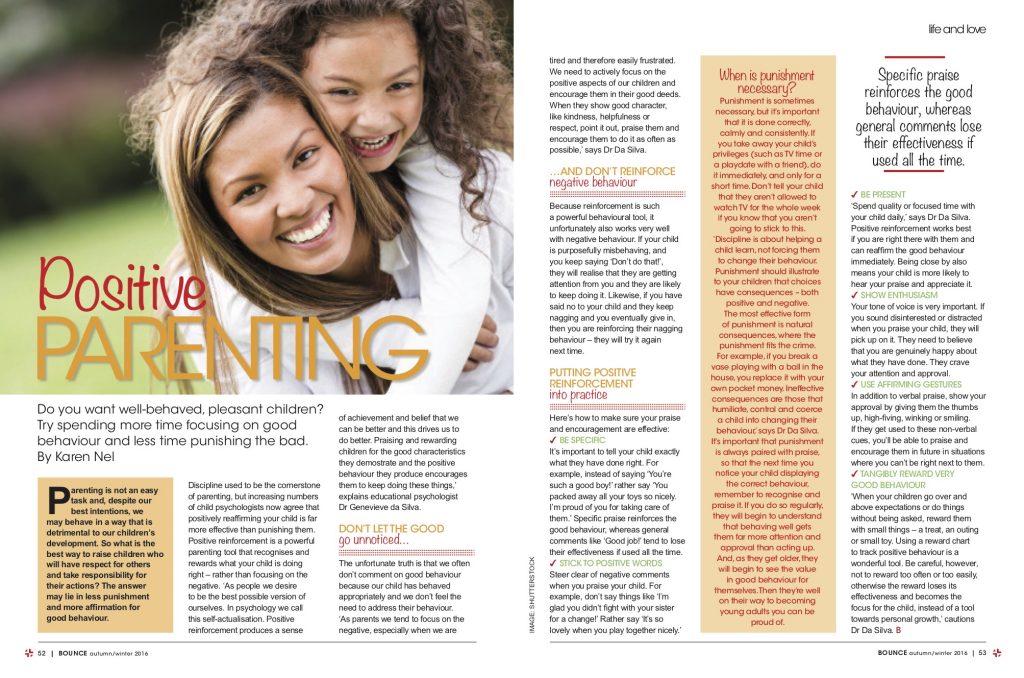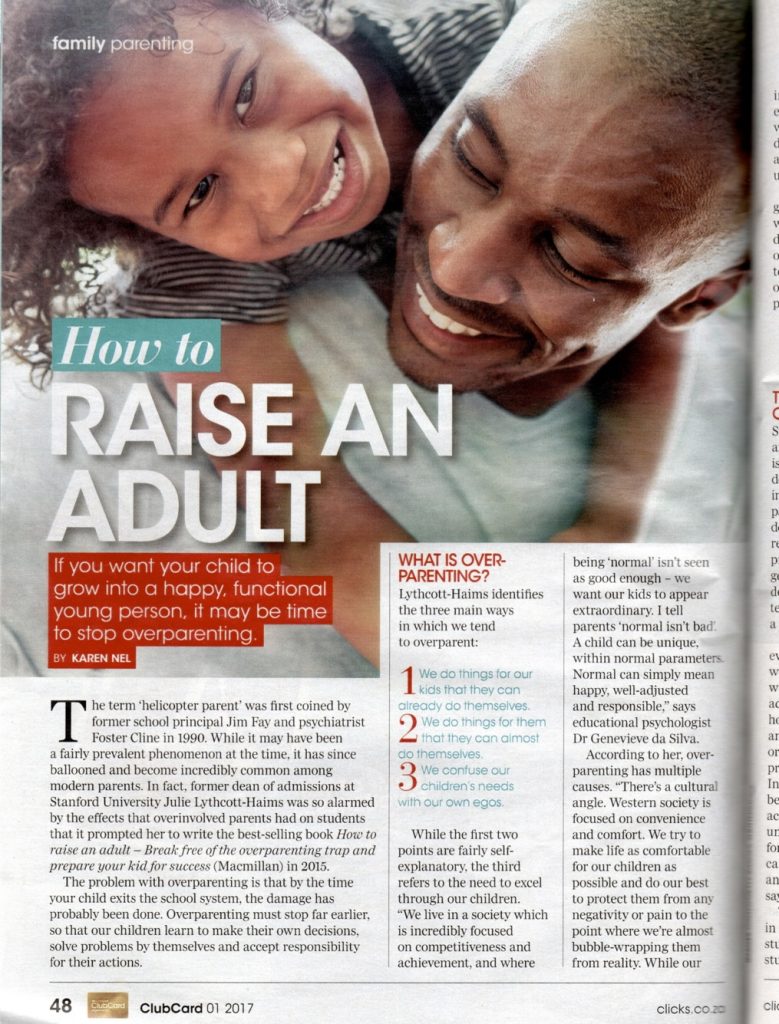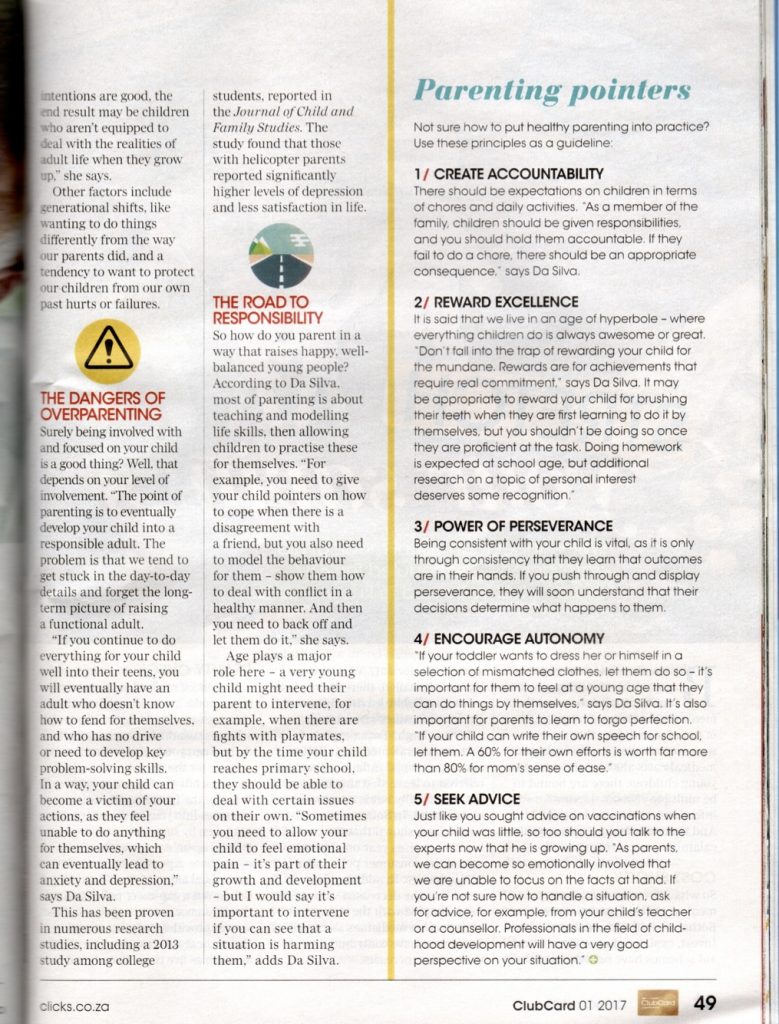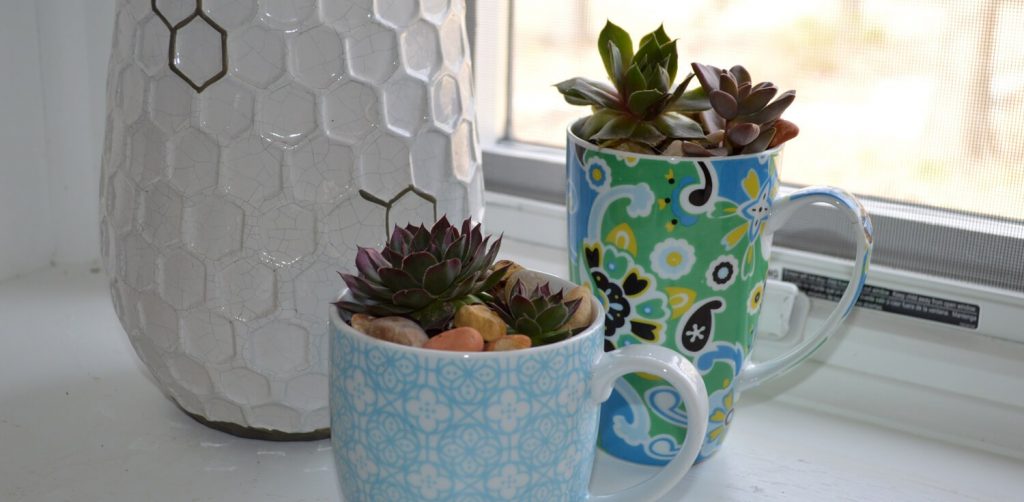Take a moment to recall some of your childhood memories. I’m sure that many of them contain at least one other person – a friend, an enemy, a family member, a stranger. Life is made up of moments where we engage with others.
From birth, children are in need of human relationship. At first, there is a complete dependency on our parents and caregivers. As we age we become more independent, but our need for relationship continues. A key aspect is developing a healthy balance of interdependence. Our experiences (good or bad) in childhood lay a foundation for our adult choices, including relationships. So learning how to form healthy relationships early on will guide children towards forming healthy relationships later in life.
Social skills, as with any skill, need to be learnt. For some it may seem to come naturally, while others need to diligently practice. Social skills also change as societal norms change. As parents we need to help our children understand and manage the social rules that guide interactions.
Social skills cannot be developed in a vacuum, and therefore interactions with others are necessary. These interactions take place in any social setting, at home, with extended family or friends, in shopping centers, parks, walking down the street, driving in the car, etc. Anywhere where a child might come into contact with another person, social skills can be developed. Children learn from watching our interactions with others, and they learn from their own experience, with ongoing adaptions.
Peer relationships play different roles at different stages of childhood. This is because of children’s emotional, cognitive and behavioural development and how they are able to understand their own and other’s feelings,
- In early years, friends are momentary – you’re a friend as long as we are together having fun.
- In early primary school, friends are those people who do nice things for you.
- Later in primary school, friends are based on social rules such as mutual benefit, but are often termed “fair-weather friends”. Falling out is common, and emotions are high, in-crowd vs out-crowd thinking comes to the fore.
- Through primary school and into early high school, children can develop friendships with genuine care for the other person. More often it is in high school that children can develop friendships that last through thick and thin and that encourage character development.
So as a parent, reflect on how you interact with others. Are you portraying the social skills and values you would like your children to learn? Commit to making some changes if you need to.
Observe your children as they interact with others. Engage with them and help them to see what they are doing that is helpful or harmful in building healthy relationships. Let them practice by engaging with others and trying new things – greeting other adults (respect), saying “no” when they feel uncomfortable (boundaries), explaining their position on something when they disagree with a friend or sibling (assertiveness), having to share or take turns when others are playing with them (cooperation), etc.
Help your child understand what kind of friendship they are involved in – this also helps them manage expectations. Is it momentary? Is it one-way? How do they feel? How do others feel? What consequences can they expect from their behaviour? How can they respond to other’s behaviour? How do they feel being on the outside? How can they help others feel like they belong? How do their friends help them grow in character? How can they help their friends grow?
As we help our children navigate friendships when they are young, we help them develop the tools they need for healthy interactions for life.
